Lainey Wilson × Ford Truck Month 2026
Lainey Wilson is back for another Ford Truck Month celebration! And she's bringing a brand new song to this partnership, along with a git-up-and-go...
3 min read
George Howard September 22, 2017
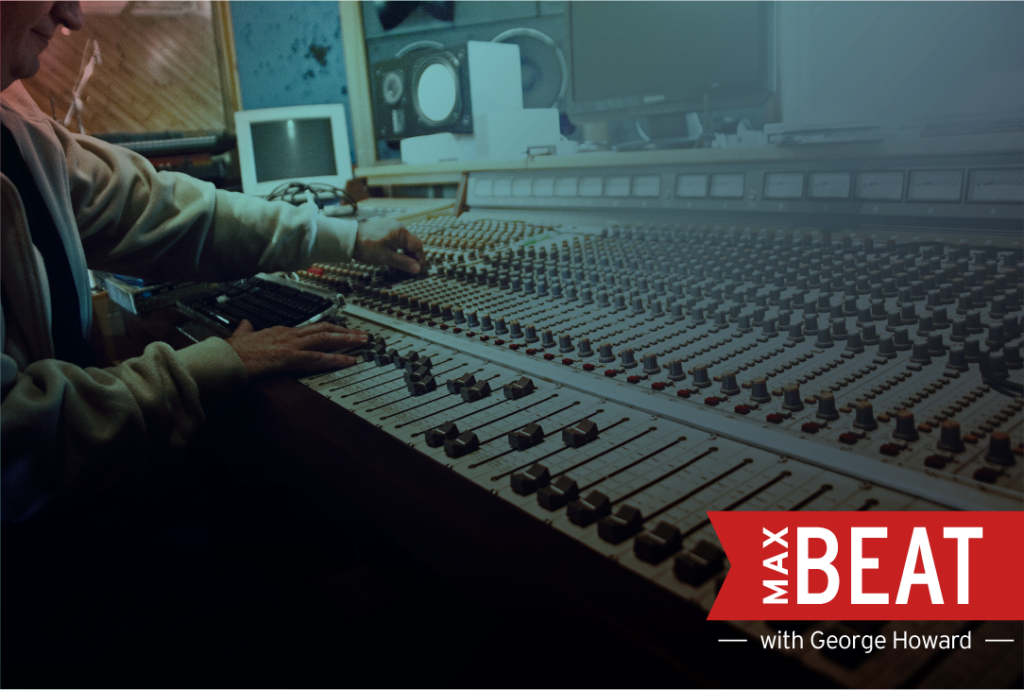
George Howard, Co-Founder and Head of Music at MAX, is an associate professor of music business and management at Berklee College of Music, a top music business school in the US, and Brown University. The former President of Rykodisc and one of the original founders of TuneCore, Howard holds an MBA and a JD.
Here, Howard introduces one of the most essential elements of the music business: publishing.
When a craftsman makes a chair, he or she intuitively understands that the chair is theirs unless and until they sell it or give it away. If someone were to simply take the chair from them, the craftsman would consider it theft, and would - hopefully - utilize legal recourse to get it back and/or be compensated for the unauthorized taking of his or her property.
Perhaps it’s the tangible nature of a chair that makes this scenario so intuitively obvious. Comparatively, because of the intangible nature or their work, songwriters often have a relatively unclear understanding of what they own, and more impactfully, when someone may be stealing from them.
In the example above, the chair is “real property,” and the song is “intellectual property.” Despite this distinction, there is little-to-no difference in the inherent rights associated with each type of property.
For songwriters, their original songs are, like the craftsman’s chair, their single most important asset. These songs are just as much the songwriter’s property -- with specific enumerated legal rights -- as the chair is the craftsman’s property.
The music business lumps the rights associated with the songwriter’s work under the heading of “publishing,” and in my nearly thirty years in the industry, I can say with absolute conviction two things:
These two points are not acceptable to me. When songwriters do not understand publishing, it leads to a decreased chance of these songwriters being able to build sustainable careers on their own terms, or in other words, less music. An equally important byproduct of this lack of understanding is that songwriters who do not understand publishing can be taken advantage of by those who do.
Publishing is focused exclusively on the songs themselves. More specifically, when a songwriter creates an original work and either writes down the song or records it, the concept of publishing encompasses:
If you are a songwriter, and you write an original song (one that doesn’t have samples in it, one that isn’t too similar to an existing work, one that doesn’t have other writers, and one that isn’t derived from some other existent work), and you write down or record that song, you and you alone are granted an exclusive bundle of rights. The exclusive rights you automatically receive are as follows:
Essentially, no one except you may do any of the above without your permission (in the form of a license). Absent that permission, they are potentially infringing upon your exclusive rights. You may take action against them should they use your work without a license from you.
You and you alone as the copyright holder have the exclusive rights to the use of your work, and if someone uses it without your approval, they are likely infringing upon your rights.
The five rights detailed above are broad enough to incorporate virtually any use of a work -- if someone posts your song, samples your song, covers your song, performs your song in a public place, displays your lyrics...or any number of other use cases without your permission -- the above exclusive rights will kick in, and you likely have an infringement.
Having even a foundational understanding of publishing allows songwriters to operate with more confidence and begin seeing songs as assets in the same way a craftsman would logically view his or her chair. This foundational understanding will lead songwriters to begin recognizing the importance of protecting and maximizing the value of these assets.
As we delve into the increasingly complex subsets of music-publishing-related topics in the following weeks, we’ll turn to:
Stay tuned!
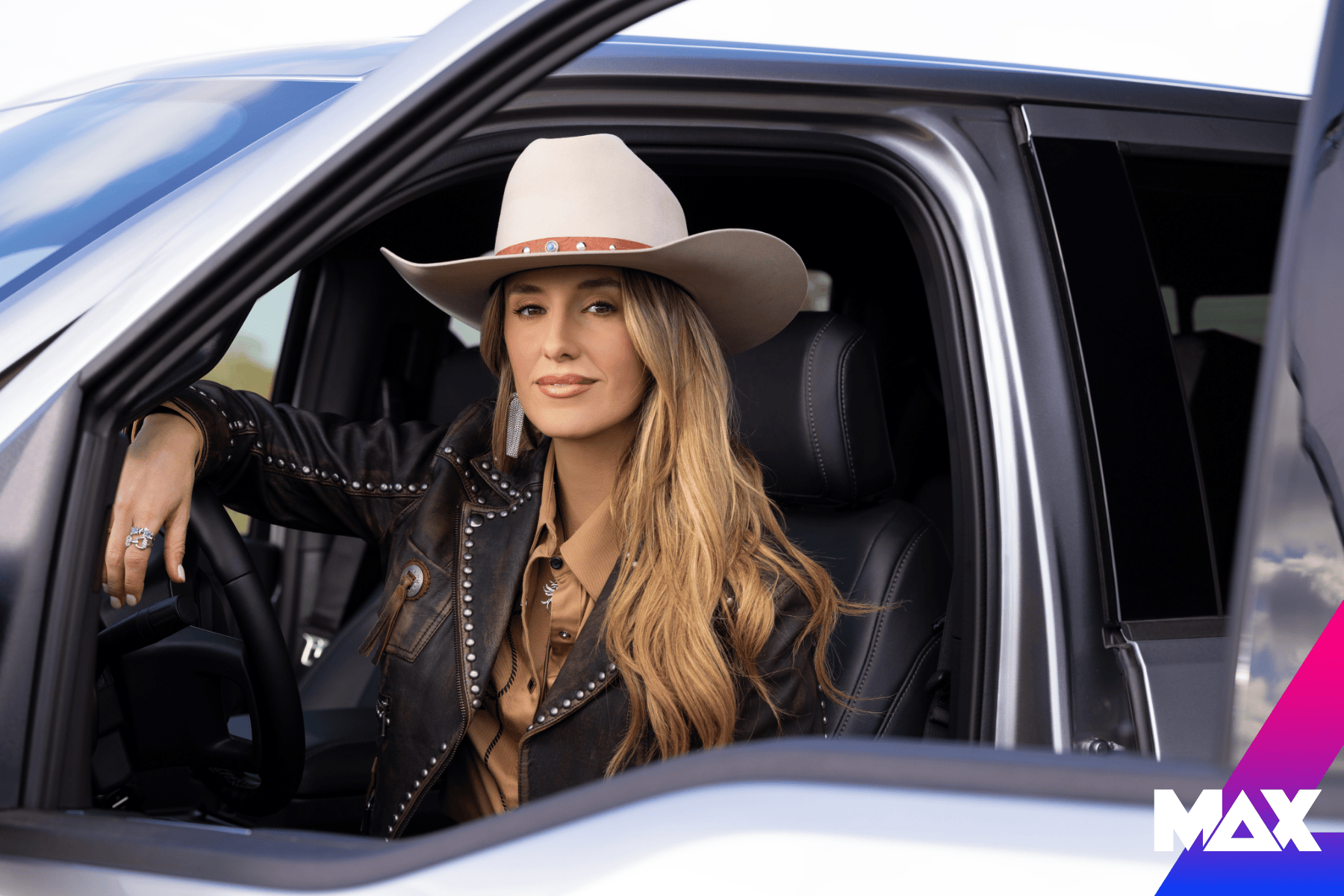
Lainey Wilson is back for another Ford Truck Month celebration! And she's bringing a brand new song to this partnership, along with a git-up-and-go...

Our latest Ford Truck Month campaign is here! Latin music star Carolina Ross joins the Música Ford family to drive affinity and consideration for the...
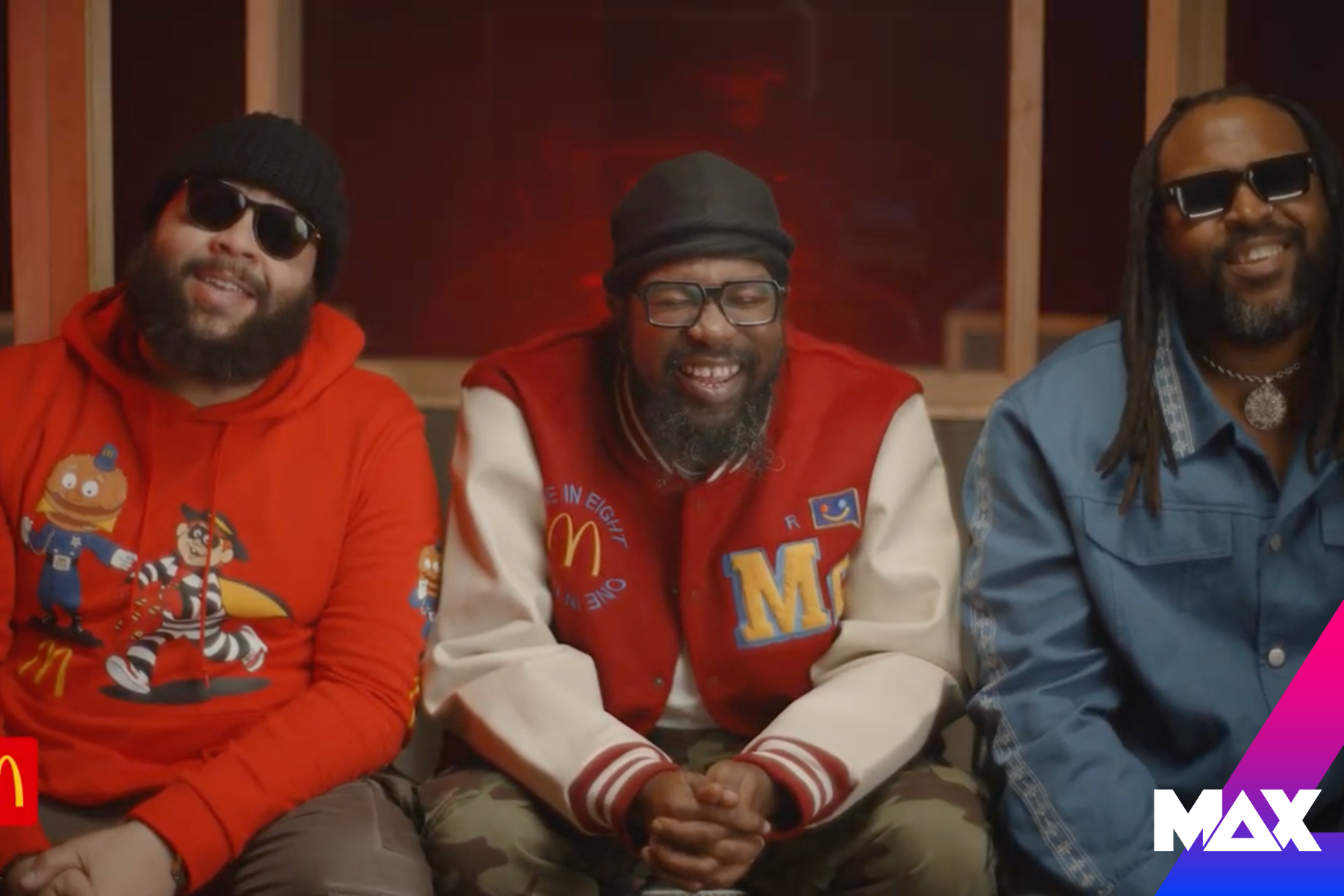
Hard to say... super easy to eat. The Ton3s got to try the McDonald's Crispy Chicken Biscuit with Hot Honey—and they're lovin' it!
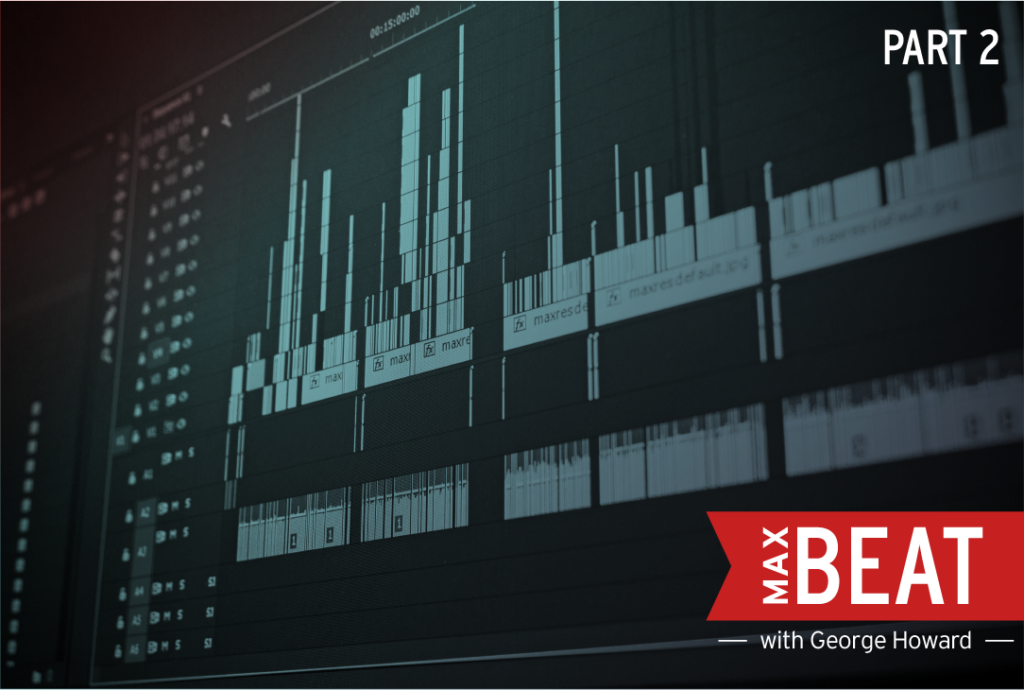
George Howard, Co-Founder and Head of Music at MAX, is an associate professor of music business and management at Berklee College of Music, a top...
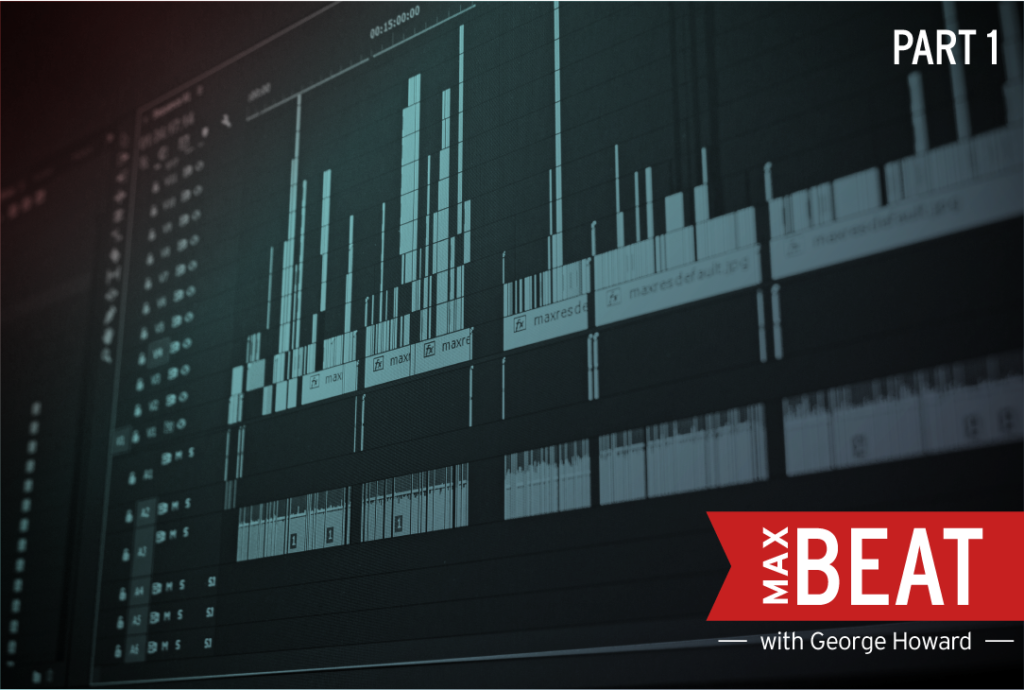
George Howard, Co-Founder and Head of Music at MAX, is an associate professor of music business and management at Berklee College of Music, a top...
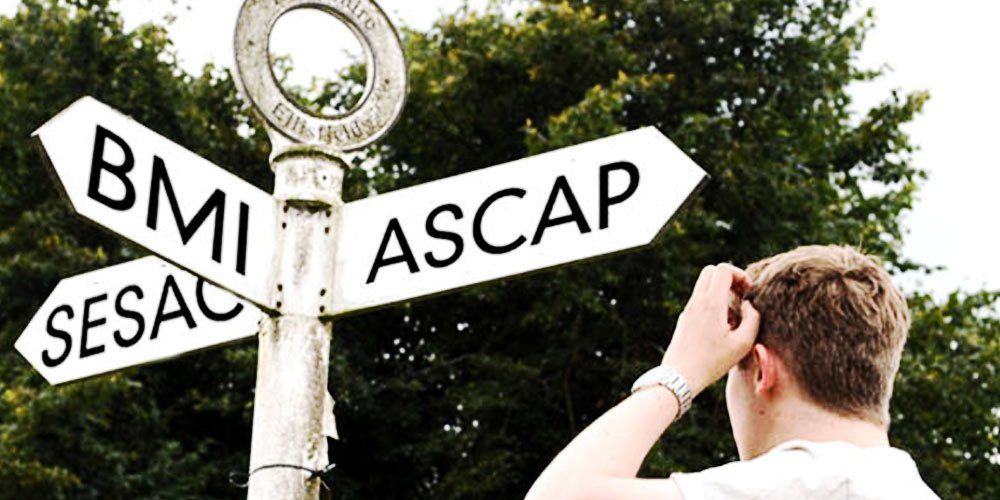
I’m digging the article from the INgrooves newsletter that was re-blogged by the always great Hypebot (and linked to below). There are some good...